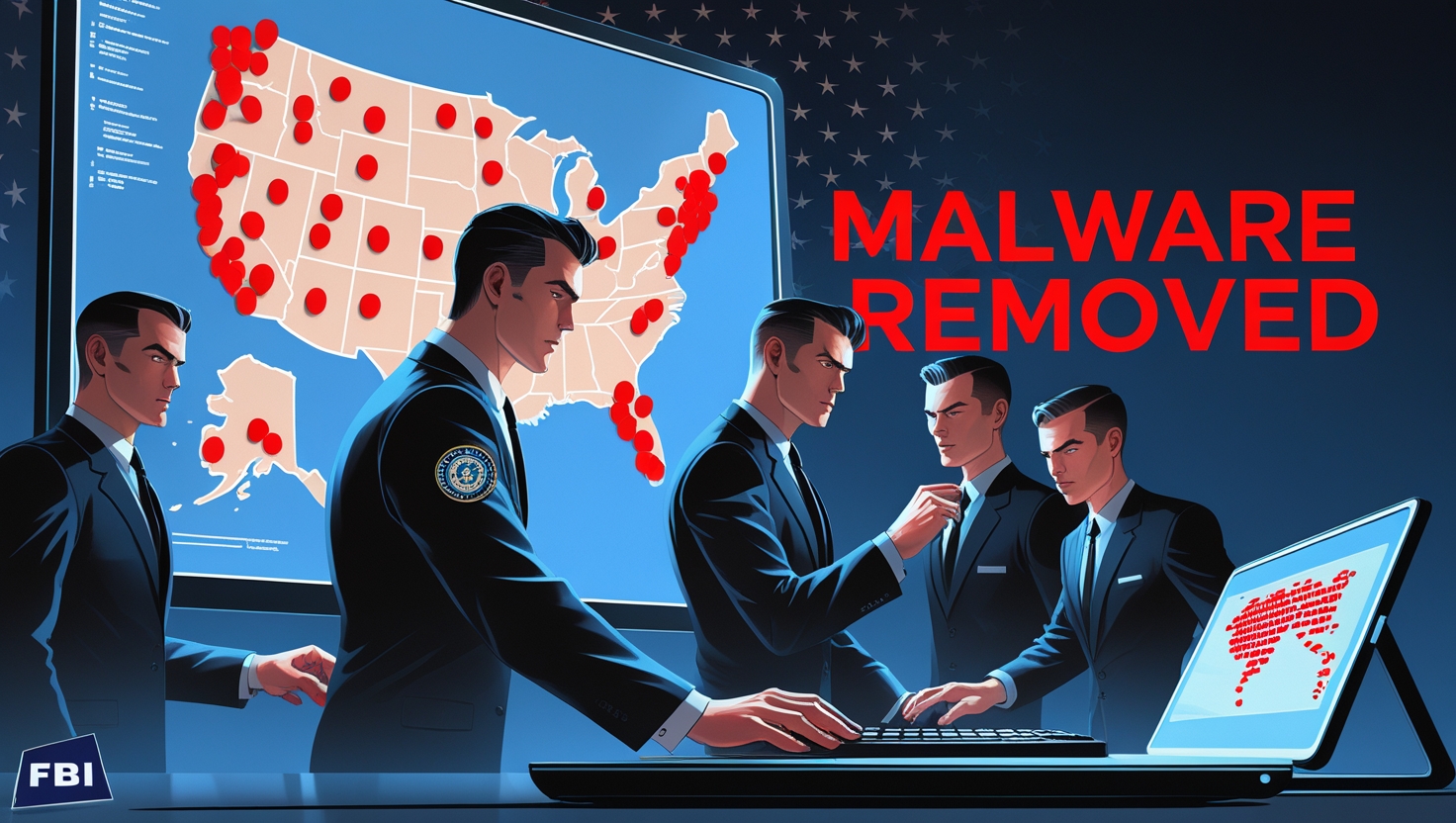FBI Wipes Chinese PlugX Malware from Over 4,000 U.S. Computers
In a bold move to protect national cybersecurity, the Federal Bureau of Investigation (FBI) has successfully eradicated the notorious PlugX malware from over 4,000 compromised computers across the United States. This large-scale operation underscores the growing sophistication of cyber threats and the proactive measures needed to combat them.
What Is PlugX Malware?
PlugX, also known as Korplug, is a remote access Trojan (RAT) that has been linked to Chinese state-sponsored cyber actors. First discovered in 2008, this malware is designed to stealthily infiltrate computer systems, granting attackers full control over compromised devices. Once installed, PlugX can:
- Steal sensitive information
- Install additional malicious software
- Exfiltrate data for espionage or financial gain
The malware has been widely used in cyber-espionage campaigns targeting government agencies, corporations, and critical infrastructure worldwide.
The FBI’s Operation
The FBI’s recent action follows months of investigation and coordination with private cybersecurity firms and international partners. Using a court-authorized operation, the Bureau remotely accessed affected systems to neutralize the malware without requiring the owners’ direct involvement. This method ensured a swift and efficient response, minimizing the potential for further harm.
According to the FBI, the operation was part of a broader effort to address the PlugX malware’s threat, which had been spreading through malicious email attachments and software vulnerabilities. By leveraging advanced forensic tools, agents identified infected systems and initiated the cleanup process.
How Was the Malware Removed?
The FBI’s approach relied on the following key steps:
- Identification of Infected Systems: The Bureau worked with cybersecurity experts to compile a list of compromised IP addresses and endpoints.
- Court Authorization: A legal framework allowed the FBI to access private systems under strict guidelines.
- Remote Neutralization: Using specialized tools, agents removed PlugX components, ensuring the malware could no longer function.
- Post-Operation Notifications: Affected users and organizations were notified of the cleanup and provided guidance on improving their cybersecurity posture.
Implications for Cybersecurity
The success of this operation highlights the importance of collaboration between government agencies, private firms, and international partners in combating cyber threats. However, it also raises questions about privacy and the scope of government intervention in private systems.
While the FBI’s actions were legally authorized and executed with precision, the broader implications of remote access to private devices remain a topic of debate. Advocates argue that such measures are necessary to address urgent security risks, while critics warn of potential overreach and unintended consequences.
Protecting Yourself from PlugX and Similar Threats
To guard against PlugX and other forms of malware, individuals and organizations should:
- Regularly update software and operating systems to patch vulnerabilities.
- Use strong, unique passwords and enable multi-factor authentication.
- Exercise caution with email attachments and links from unknown sources.
- Deploy robust endpoint security solutions to detect and block threats.
A Wake-Up Call for Cyber Resilience
The FBI’s PlugX operation serves as a reminder of the ever-evolving nature of cyber threats and the need for constant vigilance. As cyber actors become more sophisticated, so must the strategies to counter them. By staying informed and proactive, we can collectively strengthen our defenses against future attacks.


